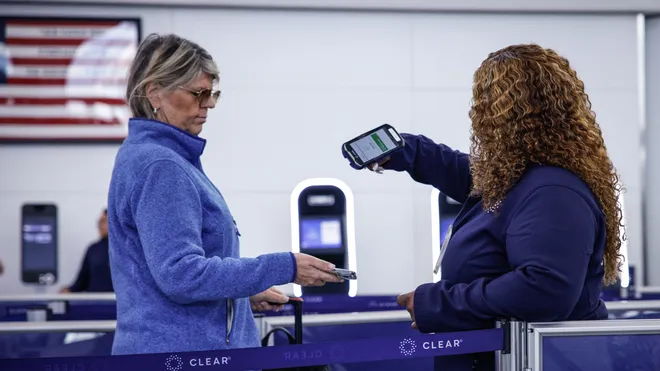In a report that has shocked travelers and privacy experts alike, it was revealed that several major U.S. airlines have been quietly selling domestic flight data to the Department of Homeland Security. This information exchange was carried out through the Airlines Reporting Corporation (ARC), a lesser-known company owned by major carriers, which played the middleman in providing the government with access to millions of passengers’ private travel information. These actions took place without informing the public, raising serious questions about data privacy and government surveillance.
The Airlines Reporting Corporation’s Role in Data Sharing
The Airlines Reporting Corporation, also called ARC, is owned by at least eight top U.S. airlines, including Delta, United, American Airlines, JetBlue, and Southwest. ARC has been collecting flight booking information from third-party sites like Expedia and Booking.com. Each time someone books a flight through these sites, their travel information gets stored in ARC’s massive database. ARC handles more than half of all flight bookings worldwide, managing details for nearly 12 billion flights every year.
This makes ARC the largest private database holding information on U.S. airline passengers. In June 2024, the Department of Homeland Security signed a contract with ARC, paying just over $11,000 for unrestricted access to the data. This contract, which runs until 2029, includes a clause that bars Homeland Security from saying where the data came from. In short, while the government is using this information, it cannot admit that ARC or the airlines provided it.
What Passenger Data Was Sold to the Government?
The information shared with federal agencies includes much more than just flight dates or locations. It includes full names, travel routes, booking and payment history, and even credit card information. This data is not old or limited—it is updated daily and covers a span of more than three years. The system allows officials to search records using a person’s name, travel route, or credit card number, giving them the power to track someone’s travel history in great detail.
Interestingly, this surveillance system only captures data from bookings made through third-party sites. If someone books directly with the airline, that information is not included in ARC’s database. That means a traveler’s only way to avoid being included in the system is to bypass travel sites and buy tickets straight from the airline’s own website.
Surveillance Without Warrants or Oversight
This setup is part of a bigger program called the Travel Intelligence Program, which is meant to help law enforcement agencies monitor potential security threats. This program was created after the September 11 attacks and has grown steadily since then. What’s concerning is that it lets federal agencies look into the private travel history of Americans without needing a warrant, court order, or even a formal investigation. The agencies simply buy the data.
Immigration and Customs Enforcement (ICE) is also involved in this data-buying practice, showing that several parts of the government are using ARC’s system. Experts warn this creates a kind of surveillance network where government departments no longer need to follow strict rules about personal privacy—they can just write a check to get what they want.
Privacy Experts Sound the Alarm
Civil rights groups and privacy advocates are raising strong objections. They believe this kind of data collection violates people’s rights to travel freely without being tracked by the government. Many are angry that such sensitive information is being sold for so little money, calling it a betrayal of public trust. Others say the whole arrangement is designed to keep the public from knowing what’s happening.
One privacy expert called the sale price of $11,025 for such a massive amount of personal information “an insult.” Another noted that buying data from private companies is a clever way for the government to avoid getting court approval, but that doesn’t make it right. And since the current administration is not likely to change these rules anytime soon, many believe stronger laws are needed to protect people from unwanted surveillance.
For now, passengers concerned about their privacy are being advised to book flights directly through airline websites. That remains the only known way to keep travel information from being passed on to ARC and, in turn, to government agencies.

